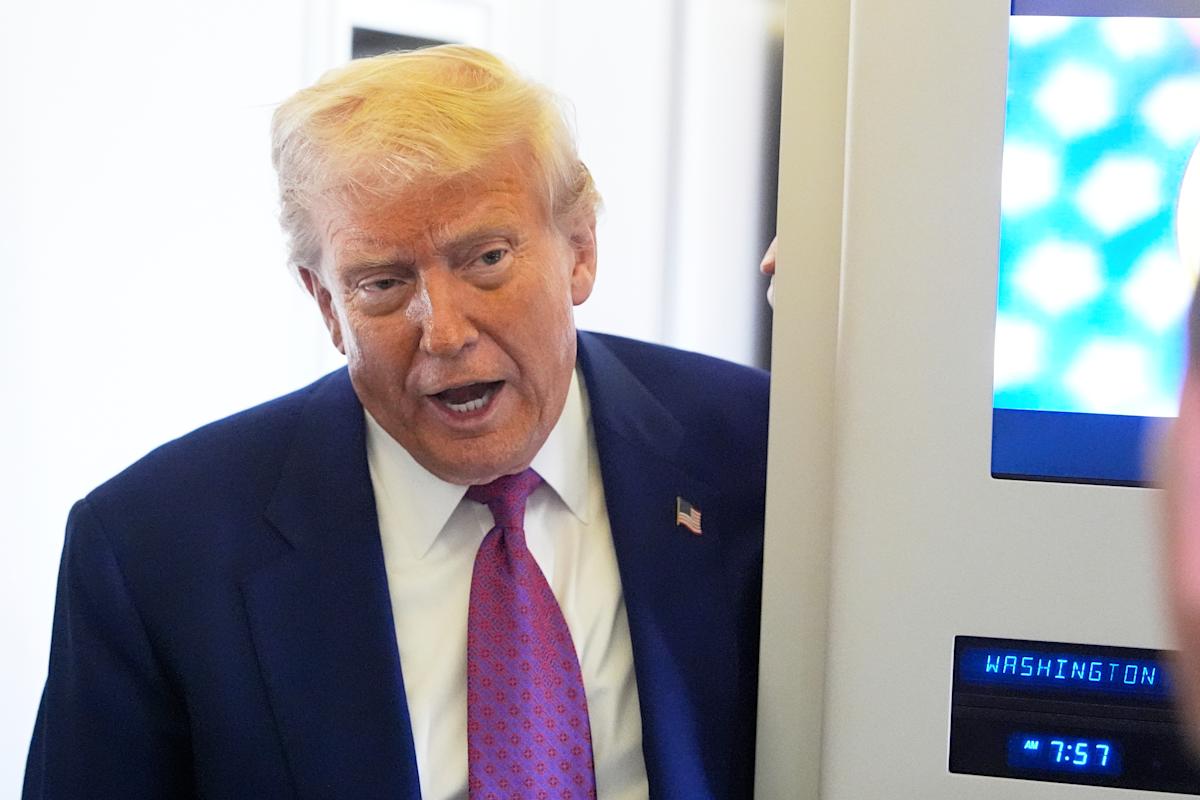Global economic growth has been facing challenges, as highlighted in the latest report from the Organisation for Economic Cooperation and Development (OECD). The organization revealed that economic expansion is weakening faster than anticipated, citing factors such as Donald Trump’s trade policies and tariffs that have started to impact the U.S. economy significantly. The OECD’s latest analysis underscores the urgency for nations to collectively pursue trade agreements that can alleviate barriers and stimulate international investment.
In its report, the OECD projected that global growth would slow to about 2.9% in 2025 and 2026. This forecast is notably lower than the over 3% growth seen each year since 2020, a period marked by economic rebound following the pandemic-induced downturn. Particularly concerning is the forecast for U.S. growth, which is expected to fall sharply from 2.8% in 2024 to just 1.6% and 1.5% in the following years. Such a slowdown raises alarms not just for the U.S. economy but for global markets as well.
The impact of Trump’s trade policies has led to a substantial decline in confidence among businesses and investors. The OECD’s recent downgrade in forecasts illustrates this uncertainty, especially after Trump’s “Liberation Day” tariff announcements earlier this year. The imposition of increased tariffs on steel and aluminum, which are set to double, is increasingly seen as a catalyst for rising prices and narrowing profit margins. The reality is that escalating tariffs can often lead to retaliatory measures by other nations, creating a ripple effect that stifles economic activity.
Federal Reserve policies further complicate this landscape. Analysts suggest that the Fed is unlikely to cut interest rates this year due to persistent inflation. Maintaining elevated rates can deter borrowing and investing, exacerbating an already fragile economic situation. The OECD has called for urgent actions to lower trade barriers to counteract these challenges. Álvaro Pereira, the OECD’s chief economist, emphasized the importance of collaboration, stating that failing to strike deals can lead to significantly adverse impacts on global growth.
The report’s outlook isn’t just a U.S. phenomenon; it also includes revisions for major economies in the G20, which comprises countries like China, India, and the U.K. The OECD has predicted that these economies will experience similar downturns, with a widespread reduction in growth forecasts. Pereira’s comments indicate a shared sentiment among economists: the weakened economic prospects resulting from the trade war will reverberate throughout economies worldwide.
With negotiations for trade deals hanging in the balance and heightened tariffs looming, businesses are hesitant to commit to long-term investments. This uncertainty can lead to instability in markets that rely heavily on robust trade relationships. Companies may face rising costs of production, which can resonate with consumers in the form of higher prices.
As the international community watches closely, the sentiment among economists suggests a collective responsibility to foster trade relations that can promote resilience in a challenging environment. Without collaborative efforts to revive and strengthen trade ties, the OECD warns that the consequences will be widespread and detrimental for everyone involved.
In summary, the current economic landscape is fraught with uncertainties largely stemming from Trump’s trade policies and associated tariffs, pushing the global economy towards weaker growth rates. The OECD’s report serves as a clarion call for nations to forge trade agreements that can mitigate rising costs and stimulate investment. In today’s interconnected world, the prospects for trade are not just national concerns; they encompass a wider interplay of global economic dynamics that ultimately dictate the financial health of countries around the world.
Source link










